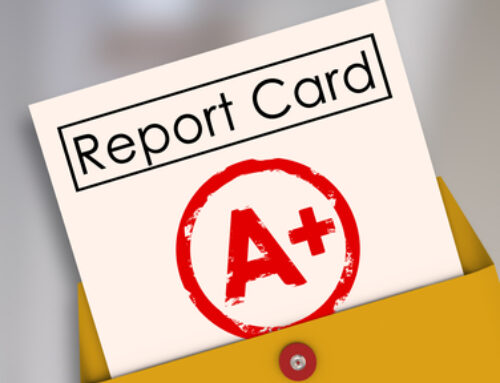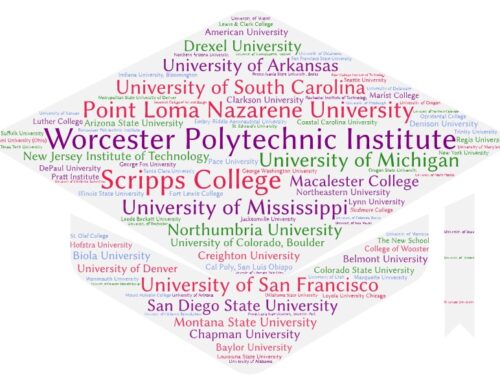 At a recent presentation, a parent asked me, “What would you recommend as the best college and best major?” I said I really couldn’t answer that question, as there is no “best school” or “best major” for everyone; rather, both of these things are specific to each individual. I went on to say that there’s been a great deal of emphasis lately on majors that are career-focused, such as business and engineering, and many people are questioning the value of less “practical” majors like those in the liberal arts. I said that, despite this, I firmly believe a liberal arts education is still valuable because it teaches skills that can be applied to just about any career, such as critical thinking, written communication, and problem solving.
At a recent presentation, a parent asked me, “What would you recommend as the best college and best major?” I said I really couldn’t answer that question, as there is no “best school” or “best major” for everyone; rather, both of these things are specific to each individual. I went on to say that there’s been a great deal of emphasis lately on majors that are career-focused, such as business and engineering, and many people are questioning the value of less “practical” majors like those in the liberal arts. I said that, despite this, I firmly believe a liberal arts education is still valuable because it teaches skills that can be applied to just about any career, such as critical thinking, written communication, and problem solving.
It turns out that I’m not the only person who feels this way. Two recent polls found that 56% of the American public and 60% of business leaders believe it’s more important for college graduates to have a broad set of skills (like those listed above) than industry-specific skills. Furthermore, 65% of the public and 73% of business leaders feel it’s better for job candidates to be well-rounded than to have specific industry experience.
When answering the aforementioned parent’s question, I explained that, five or ten years from now, there will be jobs that we cannot even conceptualize today. Therefore, above all else, college graduates need to know how to learn in order to be able to meet the demands of these new jobs. That’s exactly what a liberal arts degree teaches students: how to gather and analyze information.
That being said, many colleges could do a better job of offering opportunities for students to apply their skills. The polls found that 79% of all respondents (both the public and business leaders) think colleges should incorporate practical experience, such as internships, into their curricula. I completely agree with that, but I nonetheless was happy to see such strong validation for my long-held belief in the liberal arts.





